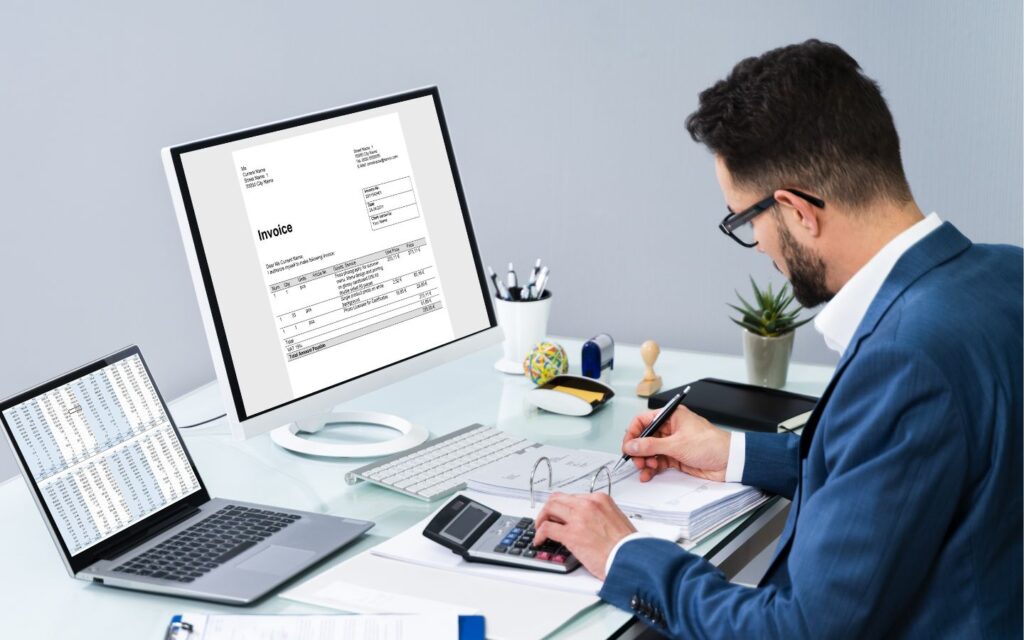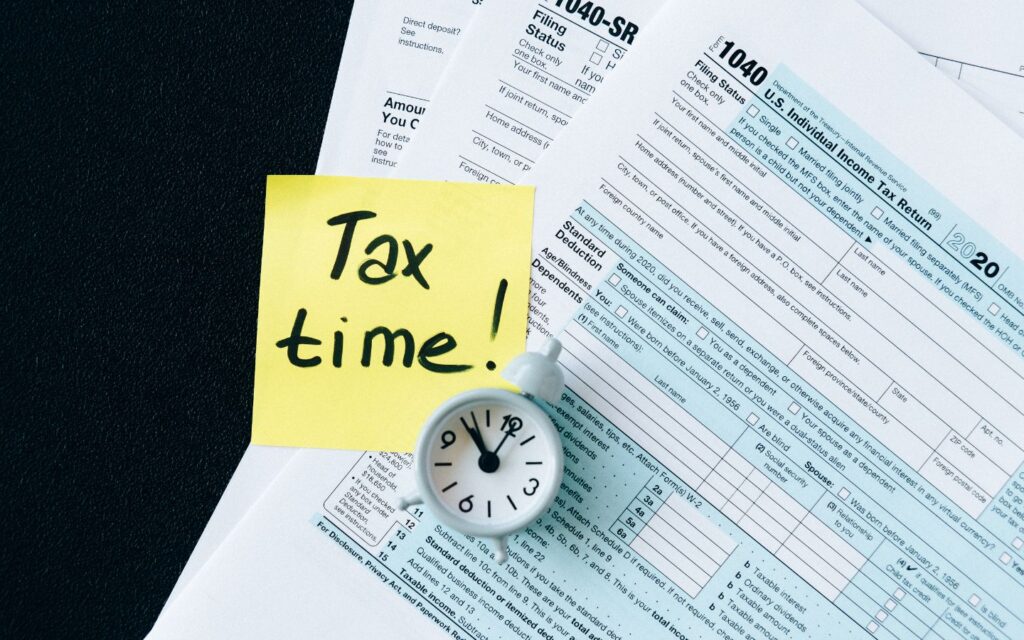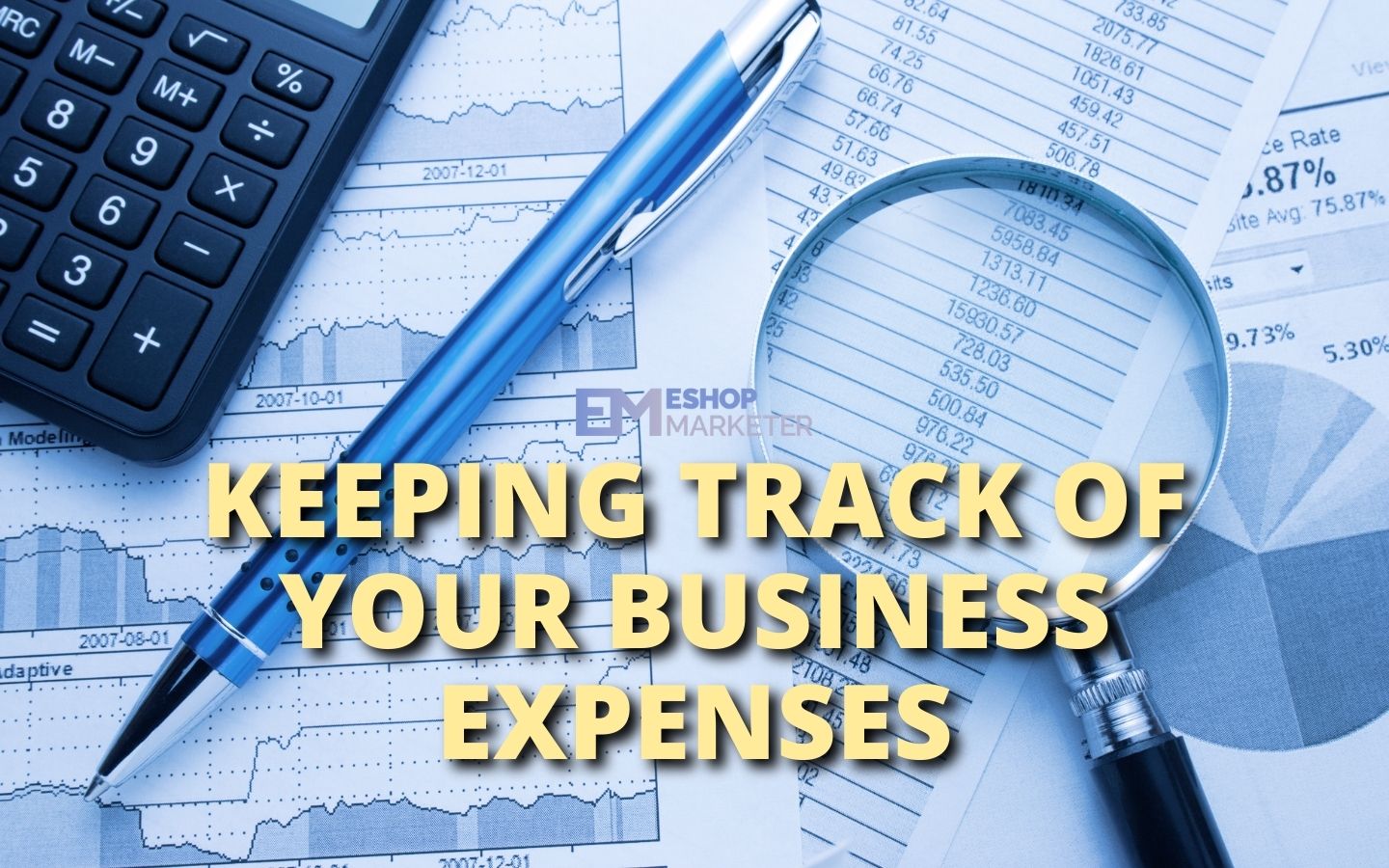Tracking your business expenses is one of the most important things you have to do when you’re an entrepreneur.
You’re developing a new product, which necessitates the purchase of materials (and shipping boxes for when orders start). Operating an Etsy business necessitates the expenditure of funds for materials, Etsy fees, and maybe marketing and other overhead expenditures. Keeping a careful watch on your costs will help you make better business decisions and claim money-saving deductions.

Importance of Tracking Your Business Expenses
An accurate picture of your company costs allows you to make tax deductions, giving you more money to reinvest in your shop and yourself. As an Etsy seller, you are obligated to pay income taxes. Subtracting company expenditures from sales yields the lowest taxable revenue and reduce the taxes owed.
The Internal Revenue Service (IRS) of the United States deems business costs to be deducted if they are both “ordinary and necessary,” implying they are common and suitable. These might involve expenditures for:
- Account invoices and statements
- Cash register tapes
- Canceled checks
- Credit card statements and receipts
- Cash slips for cash payments
- Receipts for transportation, gift, entertainment, and travel expenses.
The length of time you should preserve these papers varies according to the sort of tax return you submit, but the longer you keep them, the more protected you’ll be if you’re audited.
You can use tools such as QuickBooks to make it much easier to keep track.
If you’re less techie than others and use a paper ledger to jot down your expenses, you can photograph or scan the documents for backup.

How Systematic Expense Tracking Aids in Tax Preparation
When doing your taxes as an Etsy seller, you must fill out either a Schedule C or a Schedule C-EZ, which will ask for your company costs.
The Schedule C form’s cost tracking may involve at least 20 lines of specific expenses to fill out.
It is simpler to work with the C-EZ, but only if you fulfill each of the following requirements:
- Expenses $5,000 or less
- No employees
- You are deducting inventory expenses as they occur
- You are not using depreciation or deducting home cost
Maintaining good records of all company costs simplifies and simplifies the completion of either form. It also helps you pay projected payments more correctly throughout the year since you’ll have a clearer picture of total tax revenue based on what costs are deducted from business profit.
Final Words
Please remember that tax regulations change regularly, and this material is not tax or legal advice. You are solely responsible for how you use this information. If you have any questions, please get in touch with an attorney or a tax specialist.


